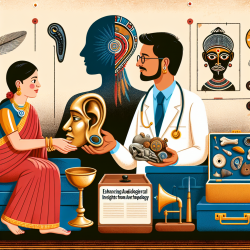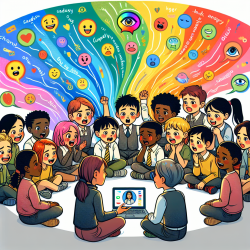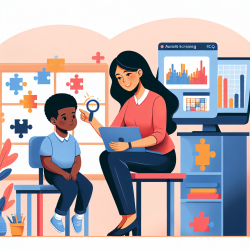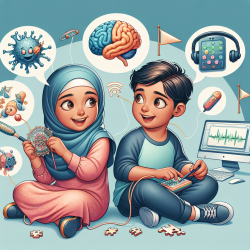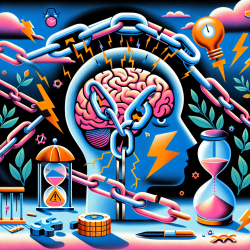The intricate relationship between hearing loss and social interaction is a complex tapestry woven from the threads of culture, identity, and the physical environment. The research article "Hearing and Listening: Audiology, Hearing, and Hearing Impairment in Everyday Life" by William H. McKellin, delves into this complexity through an anthropological lens, offering invaluable insights for practitioners in the field of audiology and beyond. This blog aims to unpack the key findings of McKellin's work and explore how they can inform and enhance the practice of audiologists and other professionals working with individuals experiencing hearing loss.
Cultural and Social Dimensions of Hearing Loss
At the heart of McKellin's article is the assertion that hearing loss cannot be fully understood or addressed without considering its cultural and social dimensions. The article highlights how cultural patterns and social interactions shape the experience of hearing loss, suggesting that audiologists need to look beyond the clinical setting to the everyday lives of their clients. This approach challenges practitioners to consider how social relationships, cultural values, and environmental factors influence the ways in which individuals experience and cope with hearing impairment.
Implications for Rehabilitation
The anthropological perspective offered by McKellin has profound implications for the rehabilitation of individuals with hearing loss. By understanding the social consequences of hearing impairment, audiologists can develop more effective strategies that account for the diverse needs of their clients. This includes recognizing the importance of communication strategies that extend beyond the technical provision of hearing aids and involve facilitating access to the soundscapes of everyday social situations.
Furthermore, the article underscores the significance of dialogue between the audiologist and the client. Moving away from a monologue about loss to a collaborative conversation about navigating the social world with a hearing impairment can empower clients and lead to more successful rehabilitation outcomes.
Cultural Tools and Strategies
McKellin's research also draws attention to the cultural tools and strategies that individuals use to navigate the world with hearing loss. This includes everything from the use of assistive devices to the development of specific communication strategies tailored to different social settings. Audiologists can play a key role in helping clients identify, refine, and expand these tools and strategies, thereby enhancing their ability to participate fully in social life.
Addressing Stigma and Identity
One of the most challenging aspects of hearing loss, as highlighted in the article, is the stigma that often accompanies it. The social construction of hearing impairment can lead to a spoiled sense of identity, affecting individuals' willingness to seek help and engage with rehabilitation services. Audiologists, therefore, have a critical role in addressing these issues, offering support that goes beyond the technical aspects of hearing loss to include psychological and social dimensions.
Conclusion
McKellin's "Hearing and Listening: Audiology, Hearing, and Hearing Impairment in Everyday Life" provides a compelling argument for integrating an anthropological perspective into the field of audiology. By considering the cultural and social contexts of hearing loss, audiologists can enhance their practice, offering more holistic and effective support to their clients. This approach not only improves rehabilitation outcomes but also contributes to a deeper understanding of the human experience of hearing impairment.
To read the original research paper, please follow this link: Hearing and Listening: Audiology, Hearing, and Hearing Impairment in Everyday Life.
